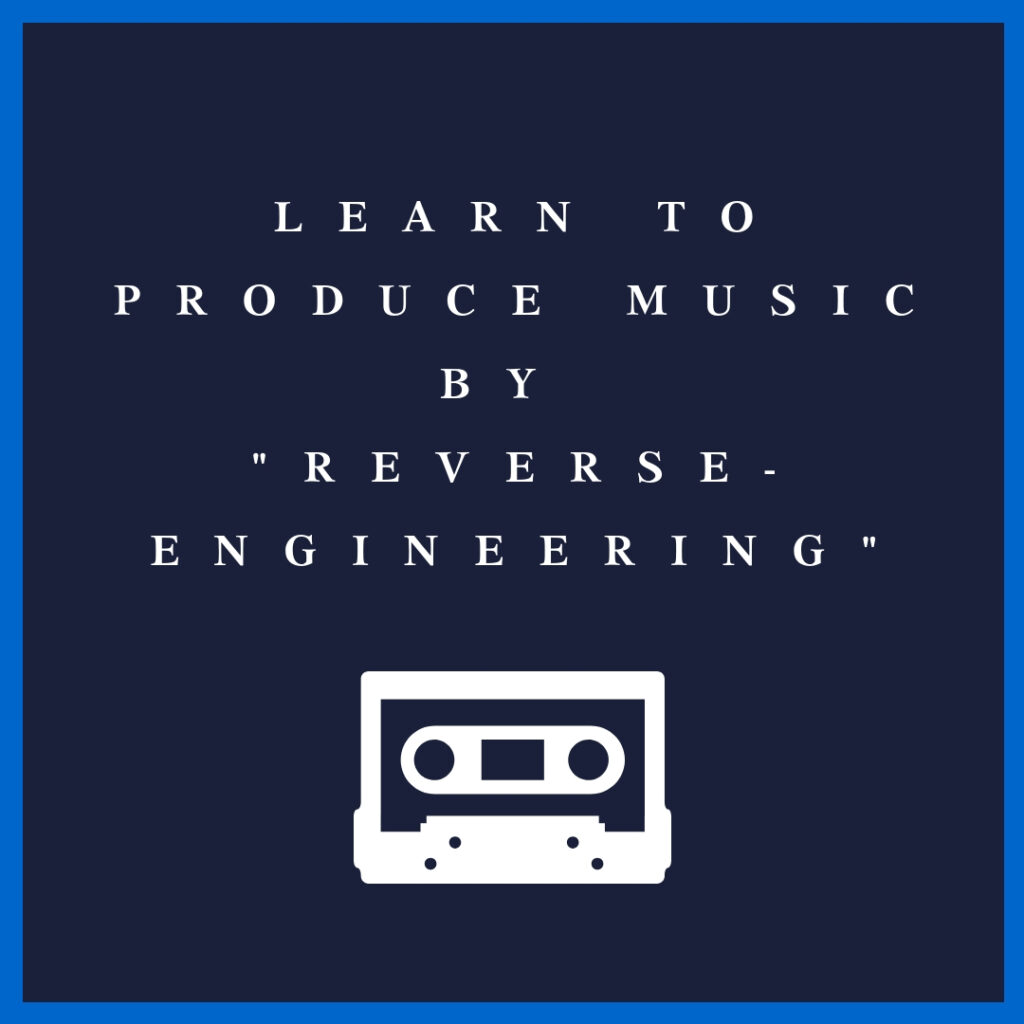Community, Leadership, Experimentation, Diversity, & Education
Pittsburgh Arts, Regional Theatre, New Work, Producing, Copyright, Labor Unions,
New Products, Coping Skills, J-O-Bs...
Theatre industry news, University & School of Drama Announcements, plus occasional course support for
Carnegie Mellon School of Drama Faculty, Staff, Students, and Alumni.
CMU School of Drama
Wednesday, March 03, 2021
Subscribe to:
Post Comments (Atom)

2 comments:
Even as someone with only a little bit of knowledge with sound, I found this article incredibly interesting. It addressed a lot that applies in and out of sound. “Blank Canvas Syndrome” is something I have often found myself stumped by without knowing it had a name. I would just say that I found projects very hard to start. I have since moved past this by finding the simplest aspect of the project I can do first to help develop momentum for the rest. The idea of reverse engineering a song seems to be on par with this strategy. Breaking a project up into individual tasks is almost always easier than trying to tackle the work as a whole. I also use other strategies to help me get past roadblocks in the work. I find that listening to certain music helps me relax enough to get out of my head while still being productive. This is less helpful in a sound design environment, but it is a helpful tool regarding work in general. I do think reverse engineering a song is good for when you know how to do every step, but it can be a challenge if you get everything out of the way that you know, and leave yourself overwhelmed by what you do not know. Even still, it does seem like an excellent way to get past “Blank Canvas Syndrome”.
In a way, this almost feels worse to me than "blank canvas syndrome." I feel like I would get about halfway through the drum tracks and then get frustrated and quit. Maybe there's something I'm missing, but the author never addresses how to find the melodies and the notes of each instrument in the song, which could be exceedingly difficult for someone that may not have very good relative pitch, or experience with chord progressions or chord structures. I guess if you're in the mood for precision and have a lot of time to spend on exacting out each detail this could be a really informative exercise to at least boost familiarity with processing features in your digital audio workstation. I thing that I would rather take an existing song and make a new instrumentation or arrangement of it, or change the genre so I can claim more of the creative process as my own.
Post a Comment